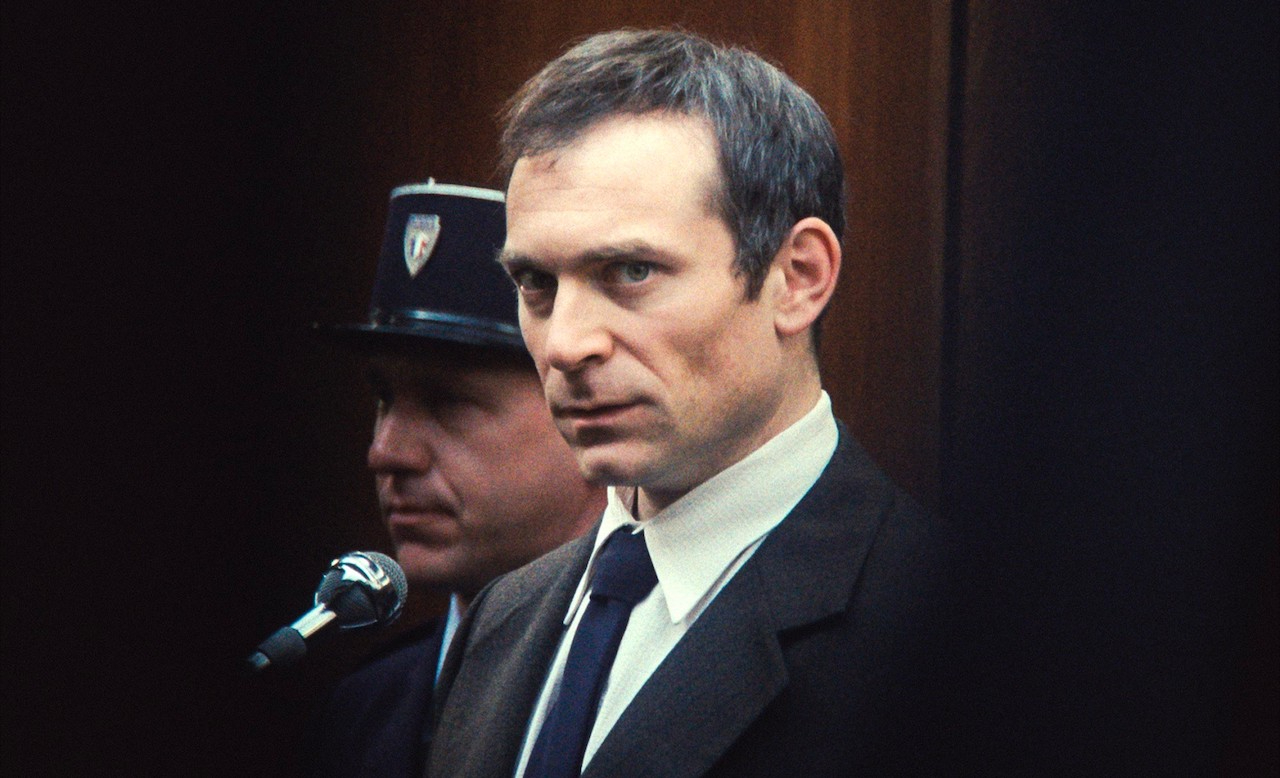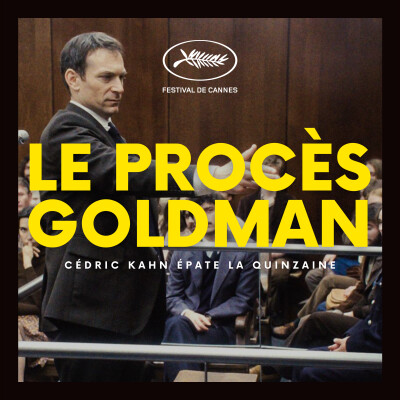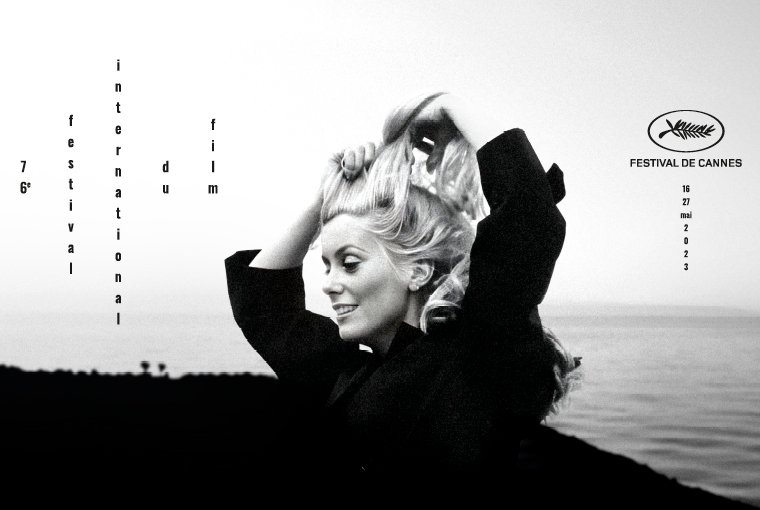The Goldman Case

It is perhaps a haphazard comparison, but Cédric Khan’s true courtroom drama, The Goldman Case, has faint, heterogeneous echoes of Roger Michell’s The Duke: a charismatic, socialistic, ungovernable defendant in the dock, whose personality wins over not just the jury, but the eagle-eyed public. Only The Goldman Case is a much soberer affair, not without its sparks of ironic levity.
The film follows Pierre Goldman (Arieh Worthalter), a Polish, French-born Jew with a history of far-left, revolutionary militancy, who is fiercely uncompromising in his marginalised identity and political convictions. After a spell in South America supporting militant activity, Pierre returned to France and, finding himself out of pocket, committed a spate of robberies in late 1969 and early 1970. Having pleaded guilty to three such crimes during this spree, he was sentenced to 12 years in prison by the Assize Court. However, a life sentence also hung over Goldman’s head, having been accused of a fourth robbery in December of 1969, which resulted in the murders of two pharmacists – a charge for which he pleaded not guilty
While serving his sentence, Goldman penned his book, Obscure Memories of a Polish Jew Born in France, which became something of a cult sensation among the French intelligentsia. As well as weaving its way into a kind of cultural zeitgeist of early-mid 1970s French socio-political thought, the book vehemently claimed his innocence of the pharmacy murders, highlighting inconsistencies in the trial that cemented his sentence. The cultural impact of the book led to a retrial, the dramatisation of which makes up almost the entirety of The Goldman Case.
Imbuing the political tension with a personal nature is Goldman’s relationship with his lead counsel, Georges Kiejman (Arthur Herari), who shares his clients religiosity, but not his insistence on calling out French society as structurally anti-semitic and racist. Kiejman spends much of the film pushing Goldman’s cries of “Conspiracy!” down with his palm, imploring his client to play ball. The volatile Goldman disagrees with Kiejman’s method of appeasement, so much so that he attempts to fire him a week before the retrial.
There’s some alignment with Alice Diop’s tonally distinctive, yet equally powerful indictment of the French legal system, Saint Omer. Contrasting with Diop’s enigmatic, leisurely paced, yet thematically challenging film, Khan (and co-writer Nathalie Hertzberg) deploys dialogue that is sometimes breakneck, and a boxy frame that traps you in the courtroom’s air of hostility and desperation, while Patrick Ghiringhelli’s cinematography is washed with a rich textual quality that places it firmly in its 1970s milieu. It’s as cinematic as the four walls of a courtroom get.
The Goldman Case is a devilishly cunning piece of cinema, painting a rich picture of a man of questionable morality, but one from whom you cannot peel your eyes for a moment, thanks, in no small part, to Worthalter’s electrifying performance.
Matthew McMillan
The Goldman Case does not have a UK release date yet.
Read more reviews from our Cannes Film Festival 2023 coverage here.
For further information about the event visit the Cannes Film Festival website here.


























Facebook
Twitter
Instagram
YouTube
RSS